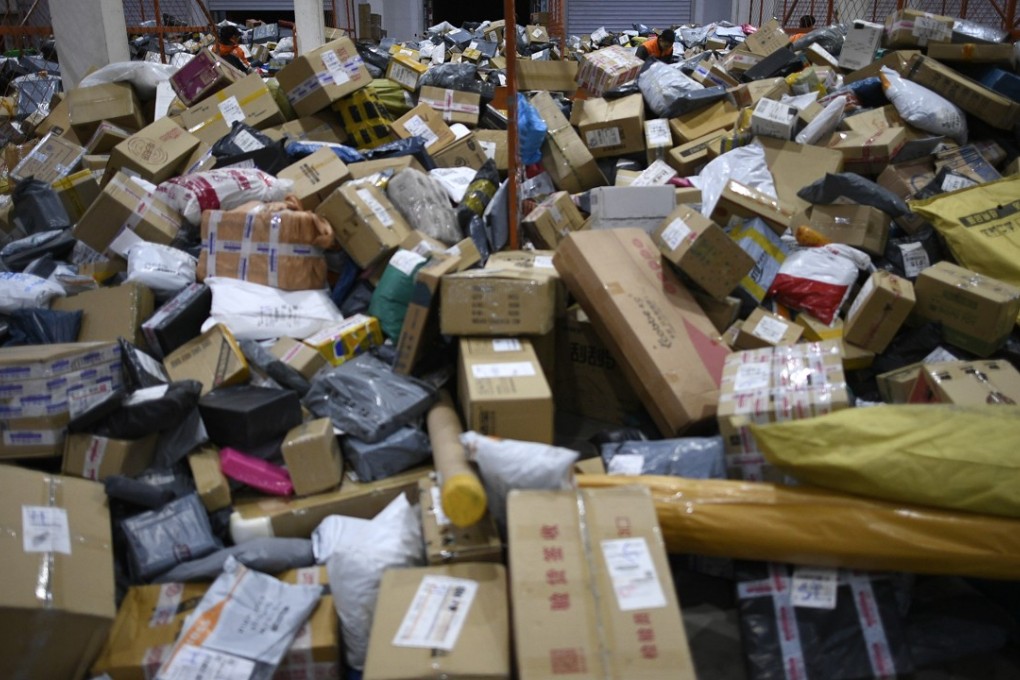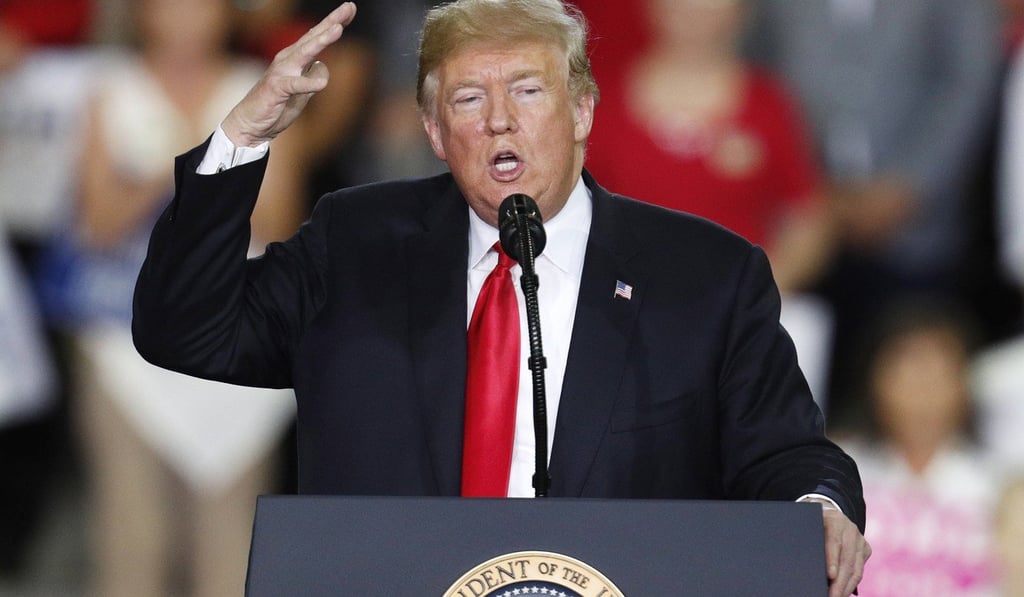Donald Trump to pull US out of postal alliance in latest move targeting China
The Trump administration is rejecting a ‘flawed system’ that allows developing countries like China to globally ship goods cheaply

The Trump administration said on Wednesday that it intends to pull the US out of a 144-year-old international postal alliance, citing a “flawed system” that allows developing countries like China to ship goods around the world more cheaply.
The announcement is the latest sign that tensions between Washington and Beijing have spilled beyond trade.
The Universal Postal Union (UPU) – an organisation first established in 1874 and now run by the UN – sets the rules for international mail exchange, such as determining fees that postal services within any given country can charge for delivering shipments from foreign carriers. It currently represents 192 member countries, including the US.
Explaining the decision, the Trump administration said that favourable shipment rates for developing countries have let members like China flood the US with goods, putting American companies at a disadvantage.

“This is a strong action by this administration to fix this flawed system and make it better,” US politics website The Hill quoted a senior administration official as saying to reporters in a background briefing call.